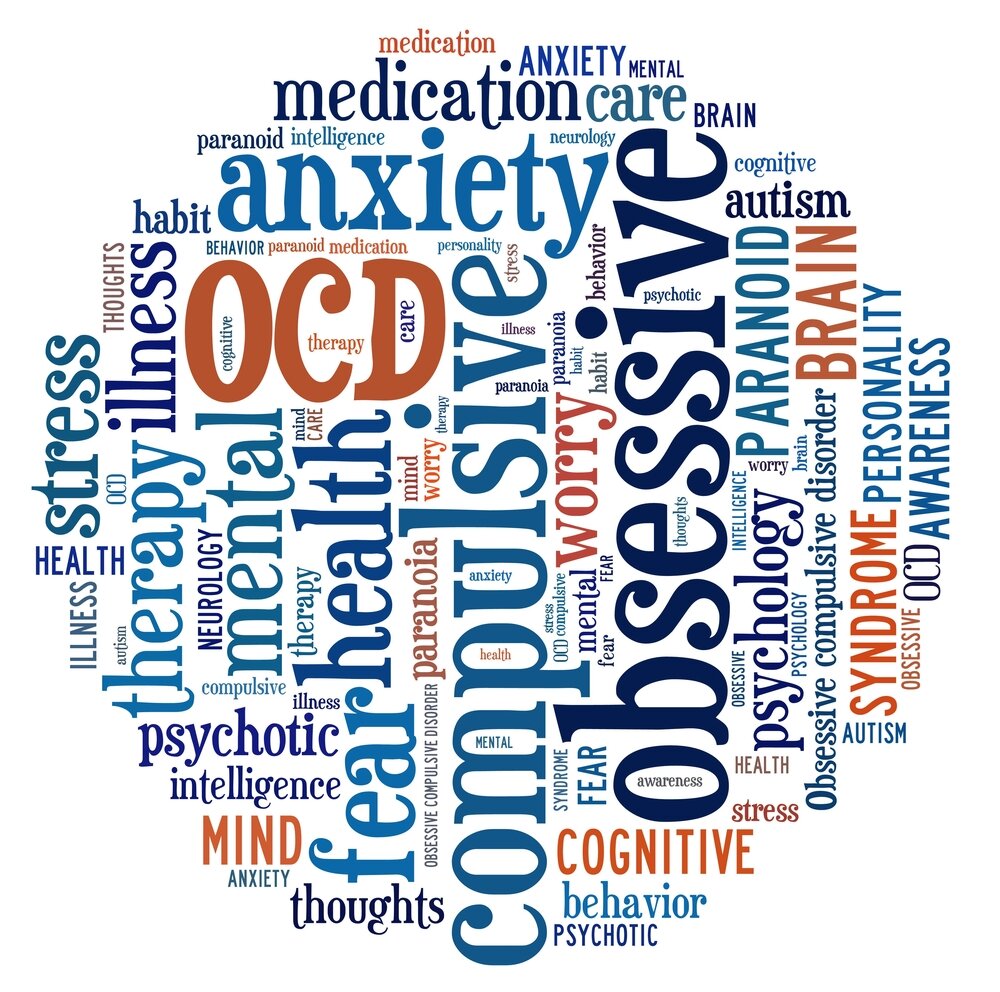Obsessive–compulsive disorder (OCD) is a mental disorder in which a person feels the need to perform certain routines repeatedly (called "compulsions"), or has certain thoughts repeatedly (called "obsessions") - Wikipedia
Stereotypically, OCD is portrayed in popular culture as an obsession with neatness or being too orderly. I’m sure we all have friends or acquaintances who have said something to this effect: “I just spent one hour cleaning my bathroom - I’m so OCD!”
The stark reality is that OCD is a widely misunderstood mental disorder, even for trained medical doctors and psychologists. It’s too easy to slap on a general label of “anxiety” or “depression” and prescribe some anti-depressants, which doesn’t address the root of what makes OCD such a debilitating (and hard to “cure”) disorder. In my experience, although OCD is a type of anxiety disorder, it requires a vastly different approach and mindset in order to overcome it.
If you’re on this blog, you probably suspect or know that you have OCD - which is great! The first step to beating OCD is to know that you have it in the first place. I spent the first 25 years of my life not even knowing what was wrong with me, why I had constant anxiety or spent hours doing repetitive tasks (compulsions) for no apparent reason. In fact, it never really occurred to me that my behaviors and thought patterns were even abnormal! I had grown up my entire life like that; so I never made any attempts to “fix” it, because that was just who I was. It was only after I learned that I had OCD that I was able to actively start walking the path to recovery.
My purpose with this blog is to help others who are suffering from OCD. I am not a certified psychologist but I have lived with, and recovered from, this horrible mental disorder through the use of Cognitive Behavioral Therapy (CBT) techniques, more specifically Exposure Response Prevention (ERP) and Acceptance Commitment Therapy (ACT) which are often regarded as the Gold Standards for treating OCD. This blog exists to explain my experiences with OCD, my recovery journey, what tools and techniques worked for me, and to serve as a resource for you on your own recovery journey.
Having lived with OCD my entire life, I know first-hand how debilitating this disorder can be, and if this blog can help even just one person achieve recovery, then I will consider it a success.
